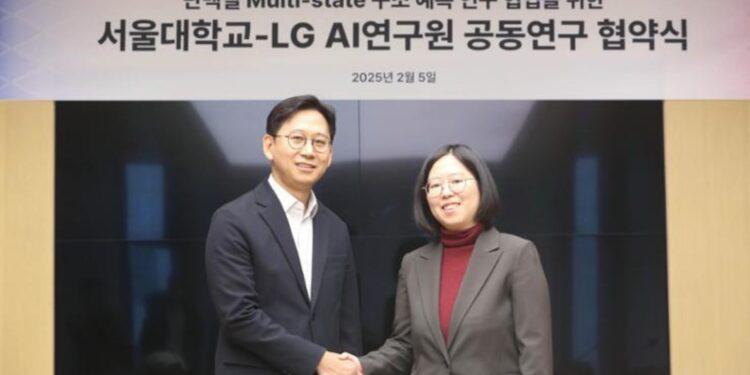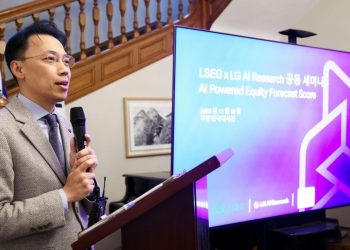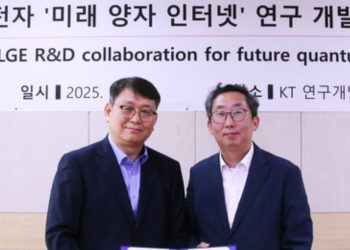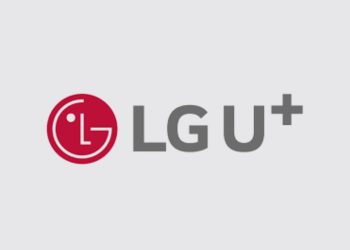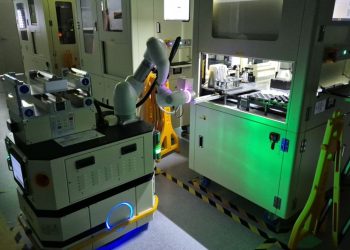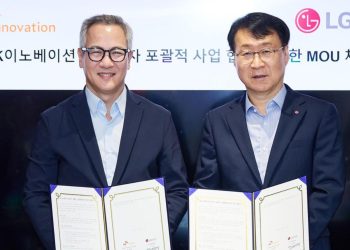LG AI Research is working with Professor Baek Min-Kyung and her team at Seoul National University to develop an AI system for predicting protein structures, a key advancement in drug discovery and bioengineering. This initiative supports LG Group Chairman Koo Kwang-mo’s vision, outlined in his New Year address, to drive innovation in treatments for incurable diseases. By advancing next-generation AI models, LG seeks to speed up new drug development and strengthen its position in biotechnology.
The joint research agreement, signed at LG Science Park in Seoul, targets the development of a breakthrough AI model capable of predicting multistate protein structures by the end of the year. LG believes this AI will play a key role in uncovering new therapeutics and advancing the understanding of complex biological phenomena. By leveraging this technology, LG seeks to create a “digital cell map” that could change diagnostics and treatment development, focusing on diseases such as cancer and dementia.
LG AI Research’s collaboration with Professor Baek Min-Kyung from Seoul National University aims to address one of the most complex challenges in computational biology: predicting multistate protein structures. Unlike traditional AI models that predict single protein structures, the new AI system will focus on multistate proteins, which can change their shape depending on environmental and chemical factors within the human body. This advancement is seen as key to unlocking new approaches to drug development, particularly for diseases like Alzheimer’s and cancer.
Proteins are fundamental to every biological function, and their structures determine how they interact within the body. Accurate predictions of protein structures are crucial for creating a “digital cell map” that can be used to identify disease mechanisms and design targeted therapies. However, current AI technologies in the market can only predict single protein structures, leaving the prediction of multistate proteins as a major gap in the field. LG’s breakthrough AI model seeks to overcome this limitation and drive significant progress in the pharmaceutical industry.
Professor Baek, a leading expert in protein structure prediction, is well known for his contributions to RoseTTAFold, a deep-learning model developed at the University of Washington. His work was instrumental in developing AI technology that revolutionized the understanding of protein structures.
Baek emphasized the importance of the new research initiative, stating that while AI is a valuable tool for protein structure prediction, it is still limited in understanding the fundamental principles. The collaboration with LG AI Research will push the boundaries of this technology and take it to a new phase of validation and experimentation.
The partnership is also expected to complement LG’s ongoing research with the Jackson Laboratory, a renowned U.S. biomedical research institution. LG has been collaborating with Jackson Laboratory since early 2024 to apply AI in diagnosing and treating diseases like Alzheimer’s and cancer. This strategic collaboration will accelerate the identification of Alzheimer’s-related biomarkers and further develop novel drug treatments.

